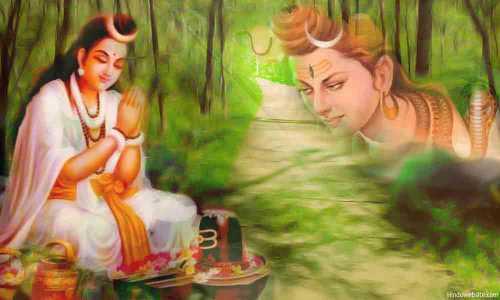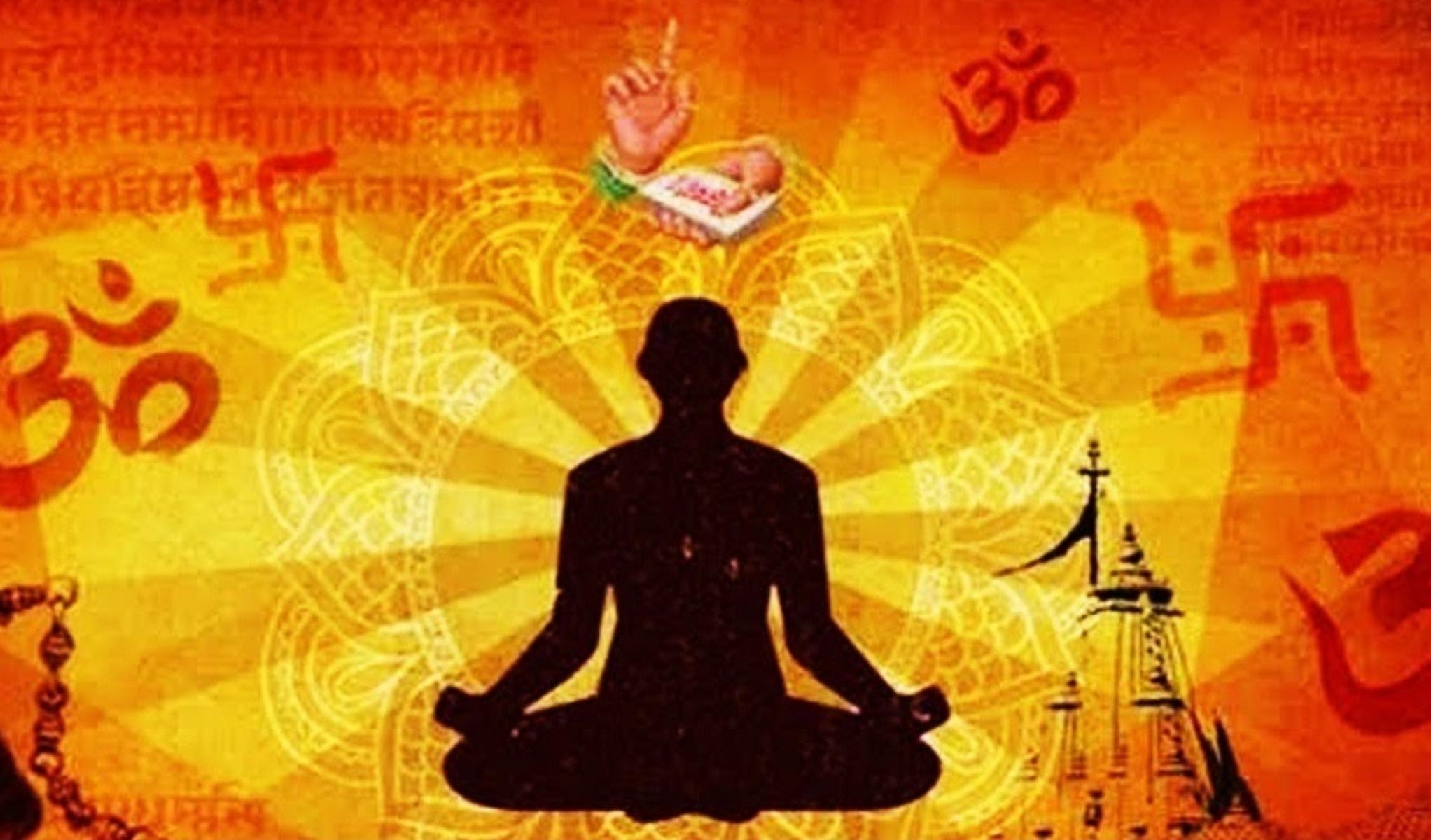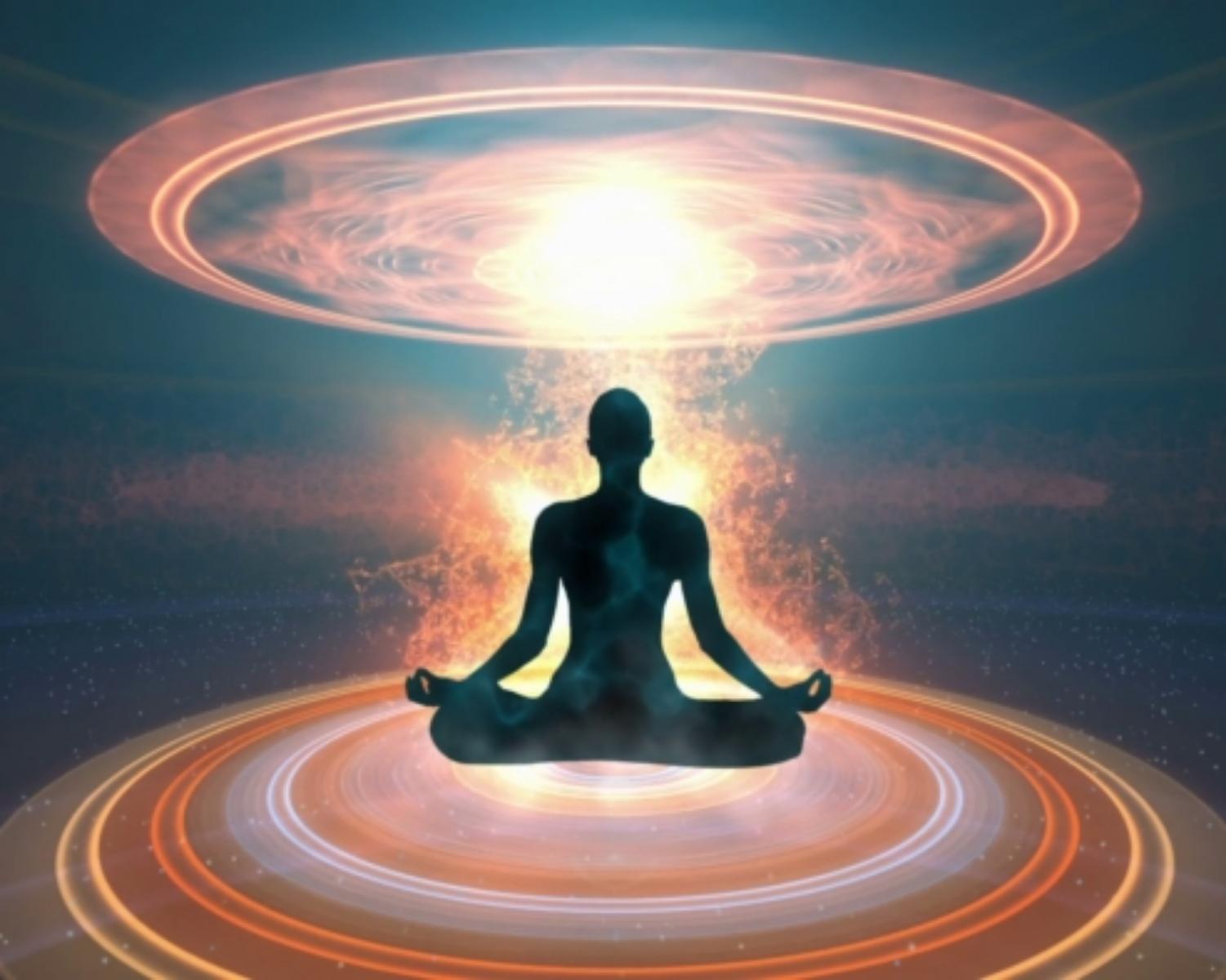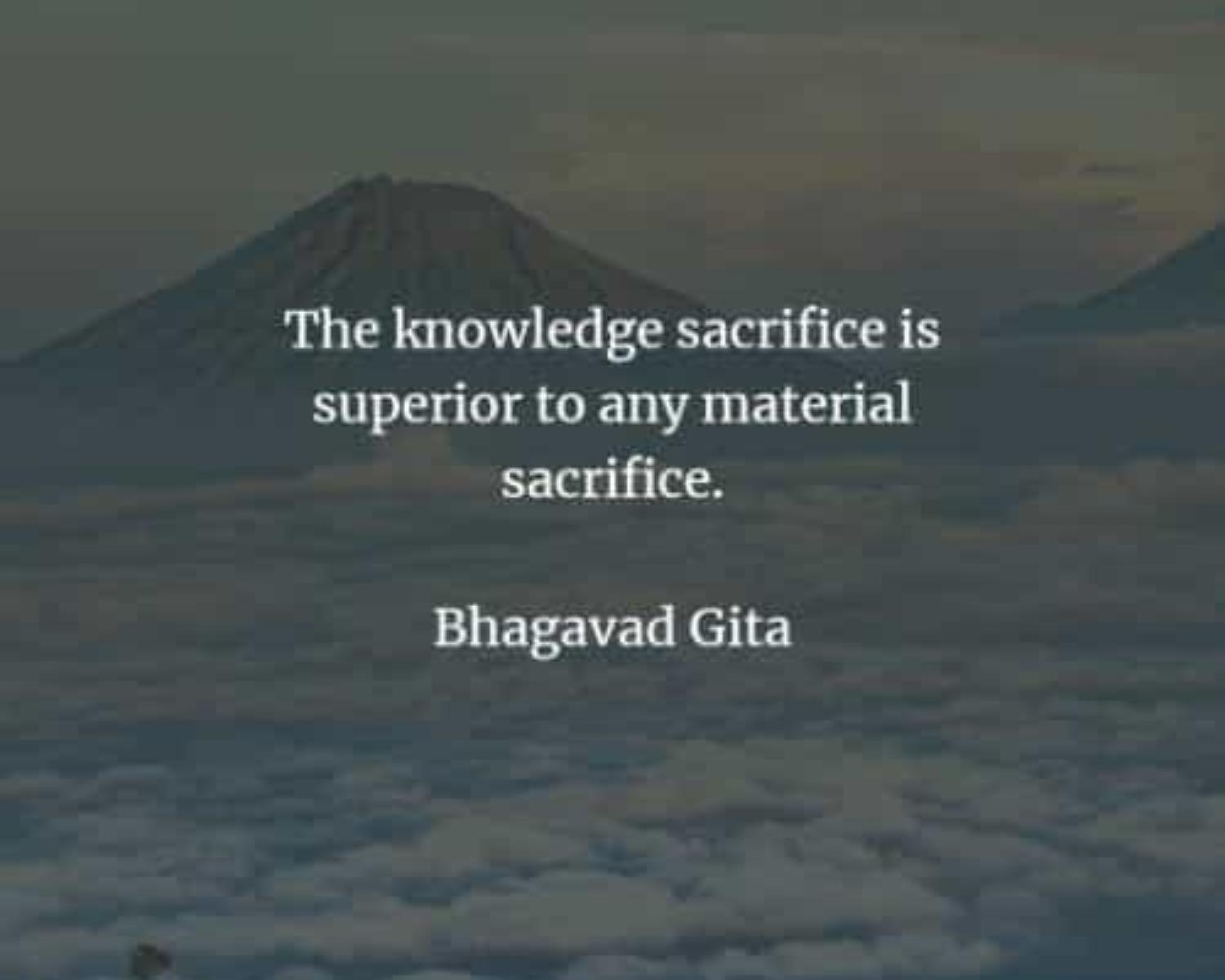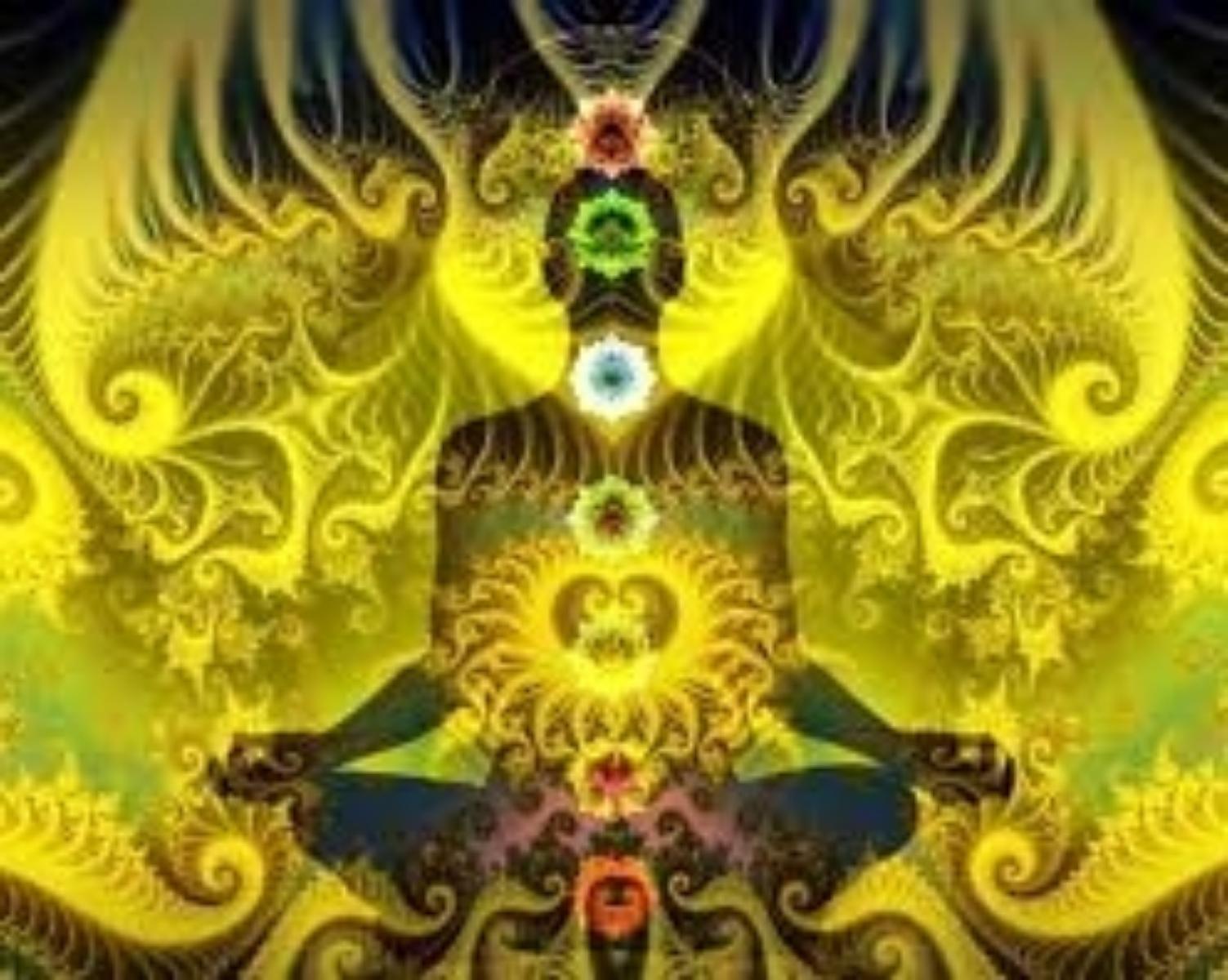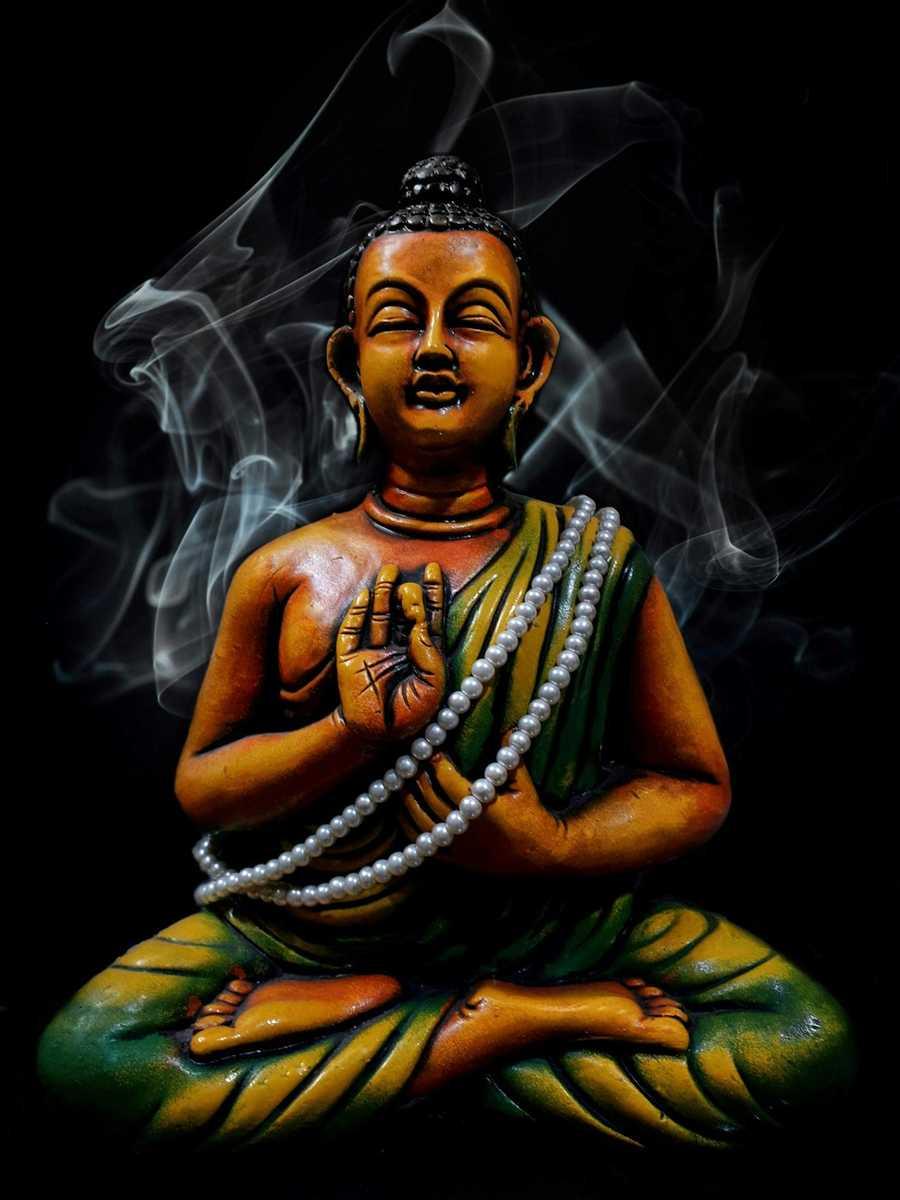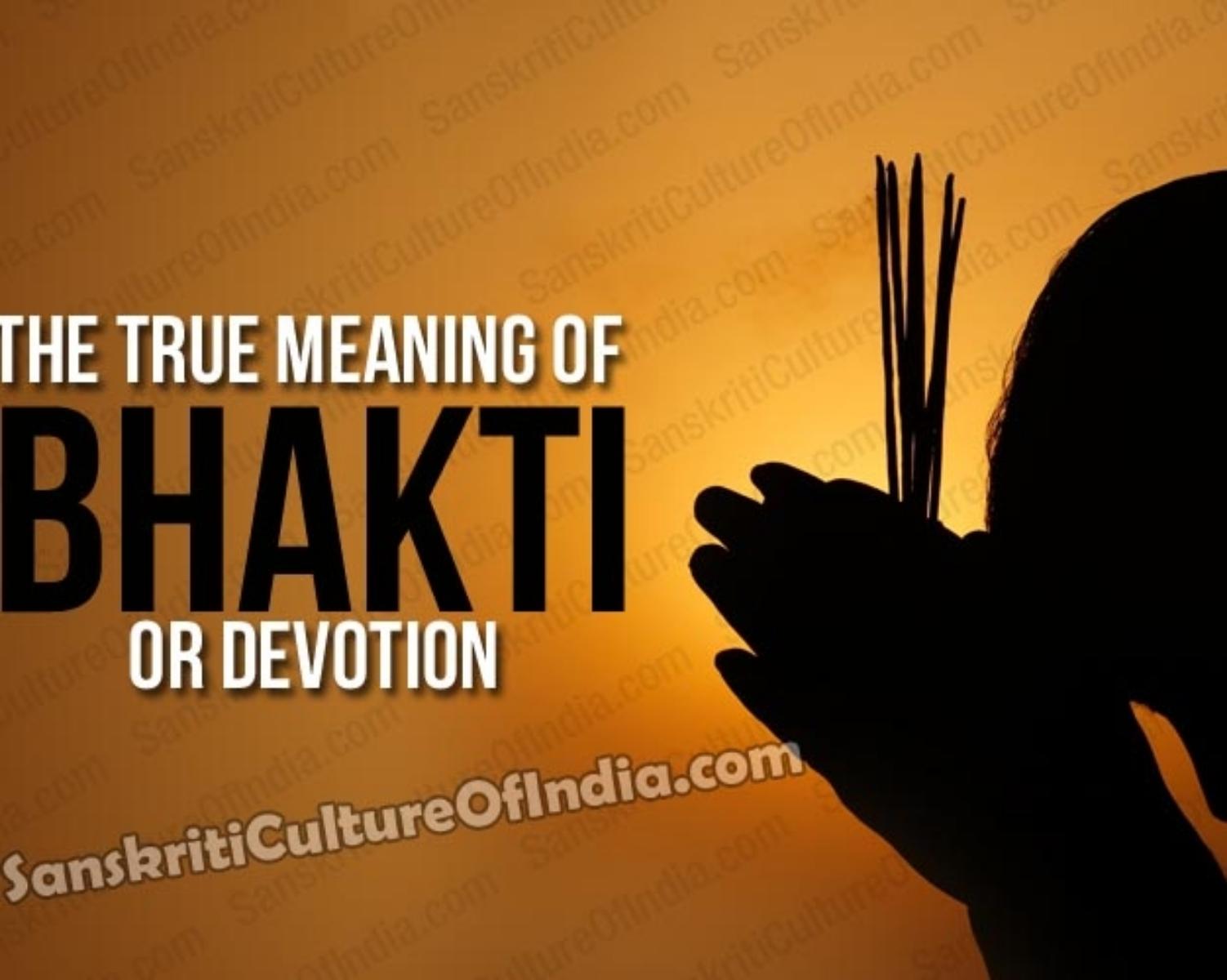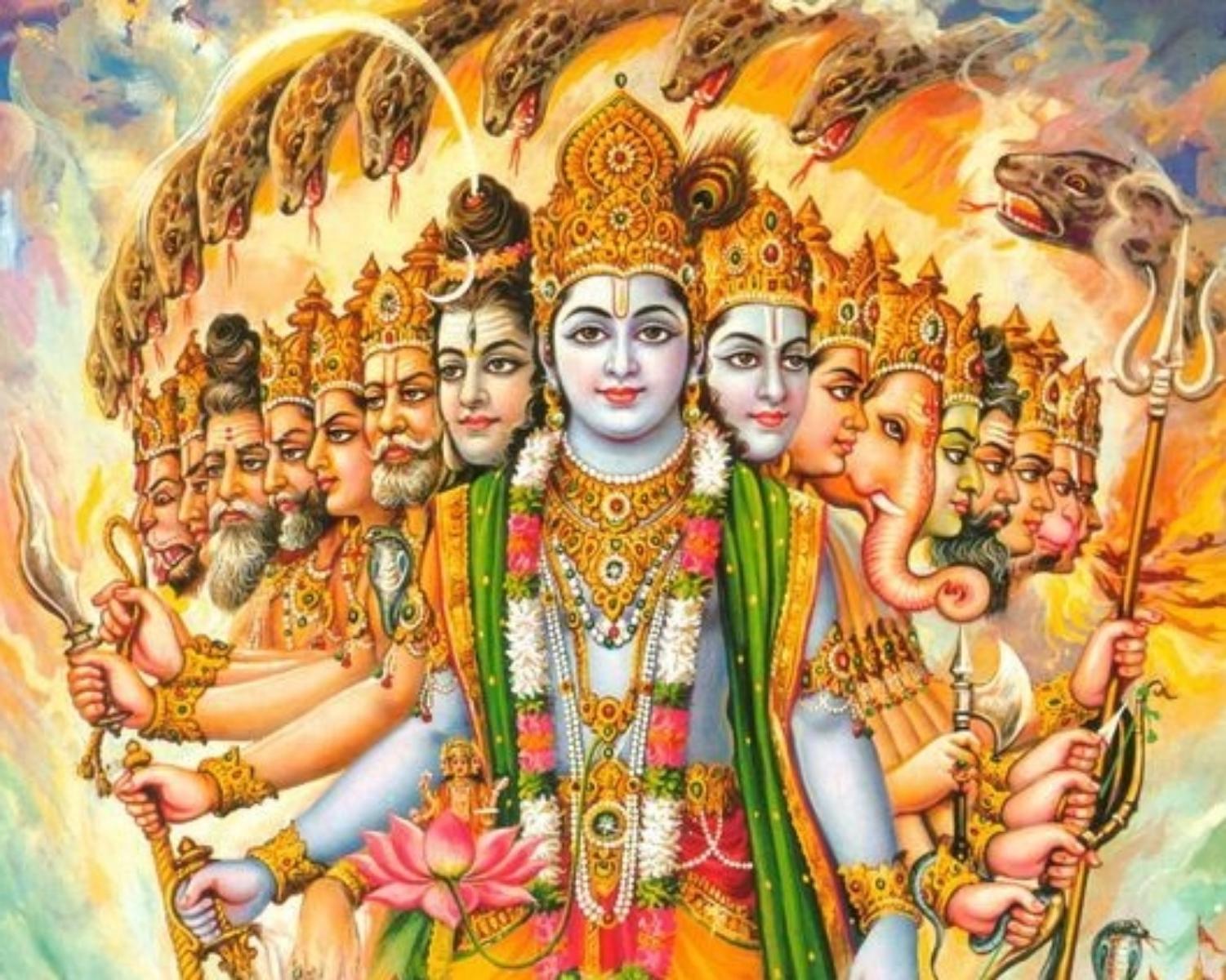Ten Reasons Why Hinduism is a Way of Life
Curated from: hinduwebsite.com
Ideas, facts & insights covering these topics:
24 ideas
·2.53K reads
20
2
Explore the World's Best Ideas
Join today and uncover 100+ curated journeys from 50+ topics. Unlock access to our mobile app with extensive features.
Hinduism Isn't a "Ism"
Hinduism is not a religion but a way of life because life, worship and religious duties are inseparable in Hinduism. A devout Hindu lives upon earth religiously, feeling the presence of God in every aspect of his life, and worshipping Him uninterruptedly in the sacrifice called life. It is difficult to say where his worship begins or ends in his daily life.
Hinduism is not considered a religion, because it does not fit into the common definition of a religion. It does not have a founder, nor does it have a particular scripture or sacred text which is universally followed by all Hindus.
52
401 reads
Sanatana Dharma
It is traditionally known as Dharma, which is considered eternal (Sanatana) because God is its source and support, which he reveals through Brahma, the creator God at the beginning of creation for the order and regularity of the world.
The eternal religion of God is practiced not only by humans but also by gods, demons and other celestial beings. Even Brahma, Vishnu and Shiva practice it and exemplify it through their words and deeds. Hinduism has no founder, because God is its founder, preacher and teacher. He is also its upholder and savior.
50
261 reads
A Way Of Life
Whenever Dharma declines, he personally incarnates to restore it, or manifests partially in some forms to revive it. Hidden within the layers of Hinduism is an eternal wisdom, whose source is God himself.
Since the duties of God define human life upon earth and determine his fate and destiny and since they are inseparable from it, Hinduism or Hindu Dharma is more appropriately called a way of life. Hindu scriptures make it abundantly clear that when a person lives for himself he incurs sin, whereas when he lives for God or in the service of God he attains liberation.
50
198 reads
In other words,
e life of a human being upon earth is not for his enjoyment but for service to God. When people engage in selfish actions they accumulate evil and remain bound to the cycle of births and deaths, whereas when they offer the fruit of their actions to God they remain pure and become free.
51
192 reads
Justification why for a devotee of God Hinduism is a way of life
Thus, Dharma or Godly duty is deeply interwoven into the life of a Hindu the way nerves are interwoven into the organs of the body. In Hinduism, it is difficult to separate a person from his Dharma. It is also difficult to say where life ends and where religious practice begins, or vice versa. The practice of Hinduism is not confined to the performance of sacrificial rituals, observation of Sacraments (Samskaras), ritual or domestic worship, going to temples and pilgrim places, uttering mantras or praying, but to the whole life.
50
147 reads
...
It begins from the time one wakes up and continues even in deep sleep where one is said to remain in a state of self-absorption. Dharma, which is the collection of divine duties, is at the center of human life, and life is the means to practice it and manifest it in the being and in the world.
In the following discussion, we will examine the reasons or the justification why Hinduism is a way of life rather than a mere body of rituals, religious observances and doctrines, and why Dharma is central to its tenets. In doing so, we must acknowledge the diversity of the people who practice Hinduism.
50
91 reads
Purity Is Surity
In truth, Hinduism is a way of life only for a few who are pure, committed to their faith and deeply integrate its tenets into their lives. For the rest, it is mostly a concept, an ideal or a mere talking point.
.
The Isa Upanishad begins with the declaration that all this is inhabited by God, and everything belongs to him.
50
109 reads
1. God is the true owner of all things. Therefore, one must live in gratitude.
What it means is that you cannot claim ownership of anything in this world because you do not own anything. Nothing belongs to you. You are a mere guest in the universe of God, and you can only enjoy your life in his name. You live in God, supported by God, nourished by God and protected by God. Hence, a devout Hindu forsakes all worldly possessions and lives in constant reverence to God as the provider and the sustainer. He lives with restraint, expressing his gratitude as a way of life for all that he enjoys or derives from God.
51
99 reads
2. The world is a sacred place filled with the presence of God. One must see him everywhere and in all things.
According to the Vedas the world is made up of God only. It is part of his body, which has been sacrificed by Him for creation. He is hidden in all and pervades everything. A devout Hindu knows that since he is pervaded and enveloped by God he lives in His constant presence, and he is never separate from Him both from within and without. He sees Him everywhere and in everything. Therefore, he worships Him numerously in numerous forms as a way of life, seeing Him in everything and treating alike all as His forms, aspects or manifestations.
49
77 reads
3. All actions arise from God, the real doer. Hence, all actions must be offered to God, taking no credit for their outcomes.
Both the Upanishads and the Bhagavadgita affirm that all actions arise from God only.We merely share his duties and responsibilities and cannot claim the doership,or the outcome of any action.Knowing it, a devout Hindu does not take credit for his successes or failures.He performs his duties without desires and expectations,renouncing doership and offering the fruit of his actions to God only.Further, he knows that he is his best friend when he lives responsibly and his worst enemy when he indulges in evil.Hence,he constantly remembers God as he performs his obligatory duties as an offering a
50
73 reads
4. Life is a continuous sacrifice, in which one becomes an offering (bhakta) in the service of God.
For a devout Hindu life is a sacrifice, in which he is the sacrificer as well as the sacrificed, and God is the final recipient of the sacrifice. Therefore, he lives with detachment, offering his every breath, thought and action in the service of God and dedicating himself to His cause. In the sacrifice of life, he offers his mind and body for the order and regularity of the world, taking no credit for himself and holding on to nothing.
49
76 reads
...
Whether he lives as a householder seeking the four aims of human life, or as a renunciant pursuing his liberation, he conducts himself with this sacrificial attitude as a way of life, with his mind fixed on God.
49
95 reads
5. You are an eternal Self. Therefore, you should live responsibly, without losing sight of your spiritual identity and higher purpose.
Our scriptures clearly suggest that you are neither the mind nor the body, but an eternal, indestructible, transcendental Self. A devout Hindu knows that God lives in him as the lord of his body, as much as He lives outside as the lord of the universe. Therefore, he cultivates detachment towards his name and form and remains centered in his spiritual identity, with his mind stabilized in it. He also strives to keep himself pure, living righteously and renouncing worldly pleasures,
50
72 reads
6. All living beings embody souls. The same Self is hidden in all. Hence, one should always see the Self in all and respect all forms of life.
Hinduism acknowledges that all beings are equal, despite the diversity in their names and forms. They all possess the Self, which is eternal, indestructible and immutable, and which transmigrates from one body to another during rebirth as it is bound to the cycle of births and deaths. Thus, for a devout Hindu the world is God’s playground, in which He appears as many. Since he sees Him in others when he interacts with them, he is undistracted or untroubled by their presence or their diversity. Instead it helps him stabilize his mind in the thoughts of God and remain in His constant presence.
48
61 reads
...
Whether he goes to a temple or stays at home or engages in worldly actions, he is never separate from God and never forsakes his reverential attitude. For him, worship becomes a way of life.
48
61 reads
7. Karma arises from desire ridden actions which in turn leads to bondage. Therefore, one should constantly be on guard and live responsibly.
People, who lack discretion, engage in desire-ridden actions, which produce karma and lead to their bondage,ignorance and delusion. Karma is not resolved until its causes are fully understood and arrested.The idea of performing actions without desires for their fruit and offering them to God as a sacrifice, this is the essence of karma sanyasa yoga. Action means any mental, physical, voluntary or involuntary action, including those which are performed by the organs in the body.Since one cannot live without performing actions even for a moment, karma yoga becomes a continuous practice.
49
54 reads
8. You are a bound soul and not free. Hence, you should continuously strive for liberation and take no chances.
Human life is precious and a unique opportunity to work for liberation. Only after innumerable births does a person achieve the noble birth of awakened soul in a pious family and finds favorable conditions to work for his liberation, having realized that he has suffered enough in the mortal world and needs to find a permanent release. Therefore, he assiduously works for his self-transformation and engages in selfless actions, studying the scriptures, engaging in religious discussions, austerities, rules and restraints, the practice of meditation, contemplation and self-absorption. And way of
49
70 reads
9. The purpose of human life is to express Divine Will and uphold the eternal Dharma (Sanatana Dharma) of God upon earth at all times.
Dharma is central to Hinduism. Living for the sake of Dharma is also the essence of Hinduism. Dharma in its highest sense means a set of duties which are derived from God and which God himself performs as part of his eternal duties as the creator, sustainer and destroyer, which why Hinduism is known as the eternal religion or Sanatana Dharma. Some of his duties are meant to be performed by humans also upon earth as part of their obligation and as a service to him.
48
53 reads
...
Performing those duties and manifesting the divine will in the mortal world are inseparable from human life. It is their highest purpose. Hence, for a devout Hindu upholding Dharma is a way of life and the means to liberation.
48
48 reads
10. Expressing your devotion to God by doing his duties upon earth as your own, without desires and expectations, this is the end of all the yogas.
One is never separate from God, and therefore one is never separate from the ideals and qualities which God represents. For the humans who seek liberation, God is the role model. He sets the standards and the framework so that they can follow his example and stay free from sin and karma. An incarnation of God also serves the same purpose. Each incarnation sets an example for humans to learn from him and emulate him in their personal lives, as the divine souls who repeatedly incarnate in their microcosms from birth to birth.
48
54 reads
...
Thus, for a devout Hindu devotion to God and contemplation of upon his virtues, qualities and manifestations become a way of life on the path to devotion.
Through its insistence upon selfless Duty (Dharma), Hinduism suggests a way of life to facilitate the purification and liberation of the embodied souls (jivas), who are caught in delusion and ignorance. Belief in God, belief in soul, belief in karma, belief in the possibility of liberation through devotional worship and the practice of yoga are deeply ingrained in the minds of Hindus.
48
43 reads
...
They help them to cleanse their minds and bodies and express the highest and the best which is hidden in them. Although the mortal world is subject to dualities, delusion and other impurities, human life is not insignificant, but an opportunity to express the will of God through selfless action, purity and devotion. One is expected to live upon earth, making them as his or her guiding principles.
48
49 reads
What I SAY:
And For Me God is none other than you. The different and Vibrant Weapons of Different Gods mean The Different Vibrant Potential in within You.
Everyone is Different in His way But his End Actions ( Offerings )should only be for Truth The Real Truth.
We all Are One And Simultaneously Different.
49
78 reads
IDEAS CURATED BY
卐 || एकं सत विप्रा बहुधा वदन्ति || Enthusiast || Collection Of Some Best Reads || Decentralizing...
अर्हम् Arham's ideas are part of this journey:
Learn more about exerciseandfitness with this collection
How to avoid email overload
How to organize your inbox
How to write effective emails
Related collections
Similar ideas
7 ideas
History of Mindfulness: From East to West and Religion to Science
positivepsychology.com
4 ideas
7 ideas
Narasimha Avatar - Fourth Avatar Of Vishnu | Dashavatar
THE HINDU SAGA
Read & Learn
20x Faster
without
deepstash
with
deepstash
with
deepstash
Personalized microlearning
—
100+ Learning Journeys
—
Access to 200,000+ ideas
—
Access to the mobile app
—
Unlimited idea saving
—
—
Unlimited history
—
—
Unlimited listening to ideas
—
—
Downloading & offline access
—
—
Supercharge your mind with one idea per day
Enter your email and spend 1 minute every day to learn something new.
I agree to receive email updates
